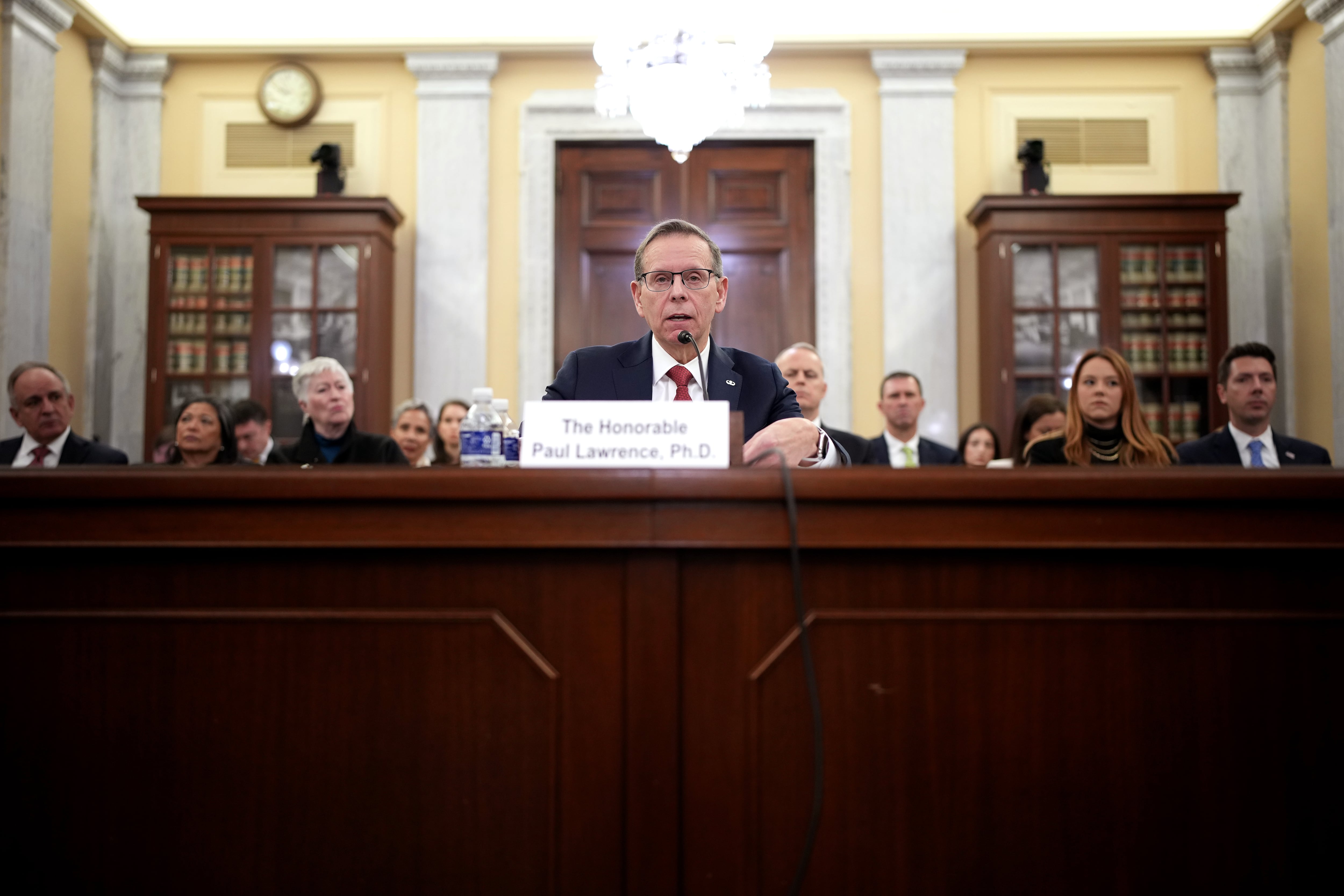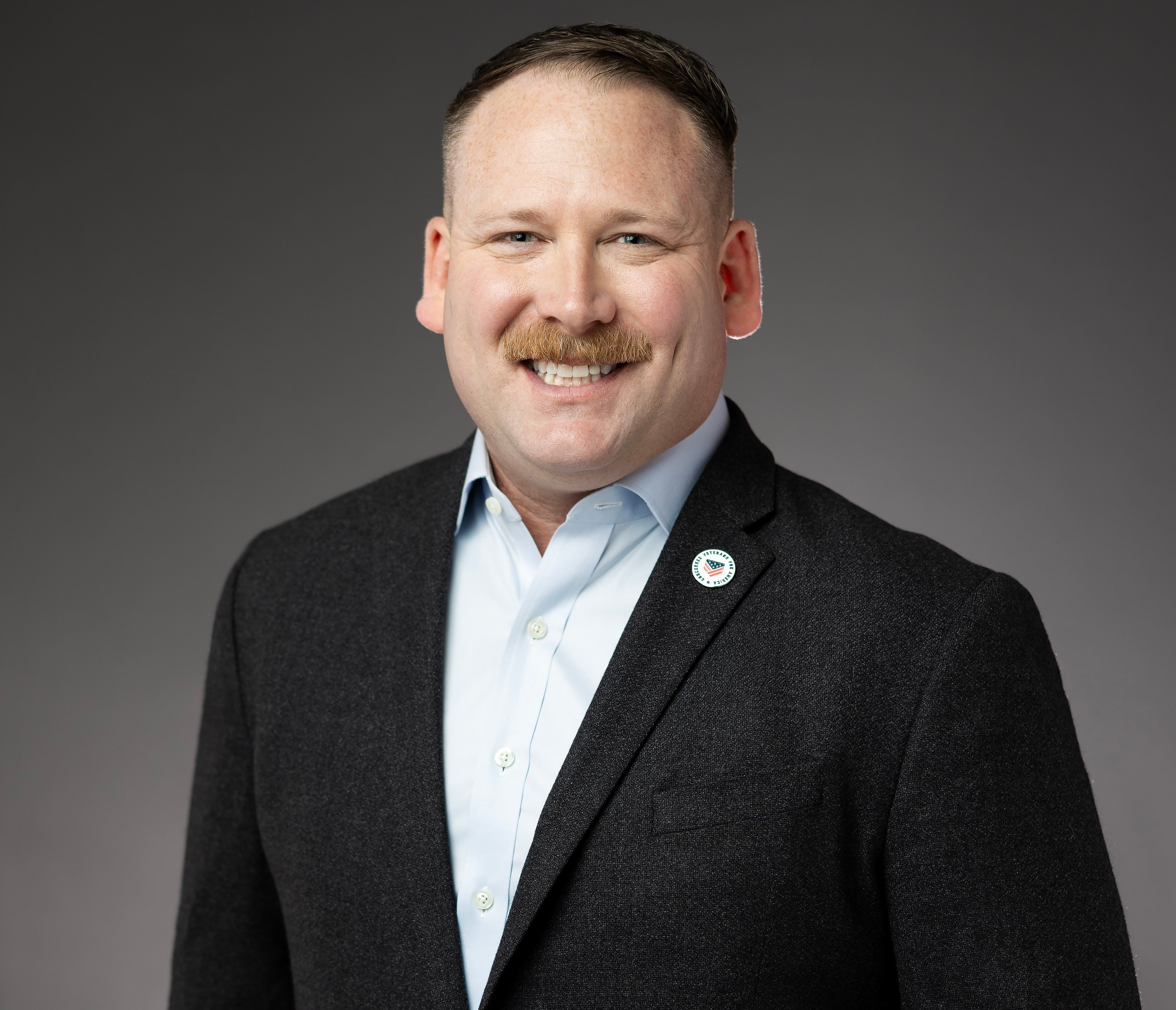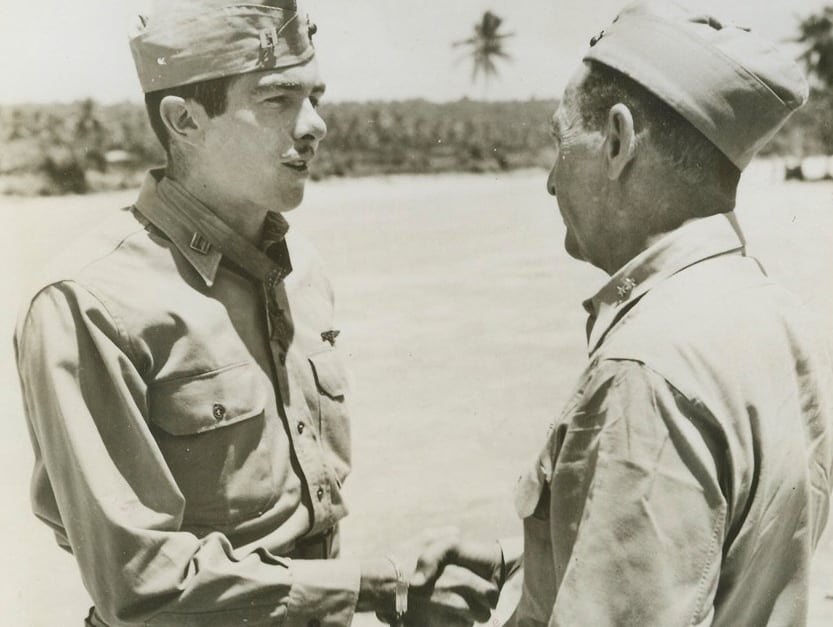U.S. NAVAL ACADEMY, ANNAPOLIS, Md. —Chief of Naval Operations Adm. Jon Greenert had some advice for the Naval Academy's graduating class Friday: Keep your social media private. And call your mom every week.
The fleet welcomed 790 new ensigns, 264 new Marine Corps second lieutenants and two Air Force second lieutenants in a graduation and commissioning ceremony on a sunny, breezy morning here. The class also included foreign students from Bangladesh, Jordan, the Republic of Korea, Lebanon, the Maldives, Mexico, Singapore, Sri Lanka, Thailand and Tunisia.
Guest speaker Vice President Joe Biden had high praise for the mids.
"You were among the most promising students at your high schools," he said. "No one would have blamed you for choosing an easier path."
But they chose service, he added, "to become the real 1 percent, who protect the other 99 percent of us."
The graduates represent 86 percent of those originally inducted into the academy four years ago.
"This is a journey you started the day you turned down your acceptance to West Point," Biden quipped.
"You spent your summer abroad on real ships rather than internships, and the specter of living in your parents' basements after graduation is not a concern," he added "That's true even for you history and English majors like me."
His speech covered a wide range of issues, from plans to rebalance 60 percent of the fleet to the Pacific and tensions in the South China Sea to climate change.
Widespread personnel reform
The new officers enter the fleet amid a host of changes on tap for the the Navy and Marine Corps.
Next year, unless Special Operations Command requests a waiver, the Navy will open its last operational billets to women: the storied Navy SEALs.
The class of 2015's top two graduates, Ensigns Michael Johnson and Eric Swanson, are headed for the submarine community, which welcomed the first female officers on Virginia-class attack subs earlier this year and will add enlisted women in 2016.
On the Marine side, remaining ground combat billets will open to women unless a waiver is accepted.
So far, several women have completed enlisted infantry training, but none have made it through the officers' course.
The graduating seniors were in the audience at the academy May 13 when Navy Secretary Ray Mabus unveiled plans for more than a dozen new initiatives.
Those include the end of officer year-groups — changing the promotion system to put weight on milestones rather than competition with others who earned their commission at the same time.
They will also have more flexibility to advance their education or get professional experience.
Thirty more in-residence graduate degree billets are opening up this year, and in the fall, the first rotation of the SECNAV Industry Tours Program will begin, sending the best junior and mid-grade officers for stints at Fortune 500 companies.
And for those who want to take some time off to raise families or pursue other personal projects, the Career Intermission Program is expanding from 40 to 400 billets, with more flexible options for amount of time off, compensation and service obligation once they return to active duty.
The changes have even included uniforms, as Mabus has made it one of his signature moves to redesign enlisted and officer dress uniforms to more of a gender-neutral standard, putting women in crackerjacks and choker whites.
The graduating class debuted the traditionally male mandarin-collar dress whites for women at graduation.
Another element of Mabus' vision is to eliminate sexual assault and harassment from the ranks, a long term goal that all of the services have outspokenly committed to in recent years.
"We count on you to refuse to tolerate any form of sexual harassment or sexual assault under any circumstances," Biden said in his speech.
And, as is customary, he pardoned some of the underclassmen in the audience.
"I hereby absolve all midshipmen currently on restriction for minor misconduct offenses," he said.
Meghann Myers is the Pentagon bureau chief at Military Times. She covers operations, policy, personnel, leadership and other issues affecting service members.

![635678995737396813-NAV-graduation07 [ID=27784385]](http://www.gannett-cdn.com/-mm-/6e0d222ce109ec4b9ed69a9343e5651310559867/r=500x388/local/-/media/2015/05/22/GGM/MilitaryTimes/635678995737396813-NAV-graduation07.JPG)




